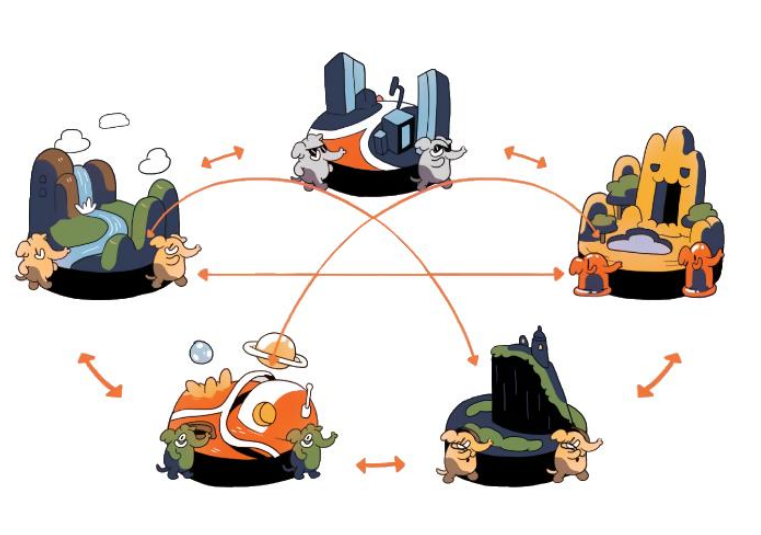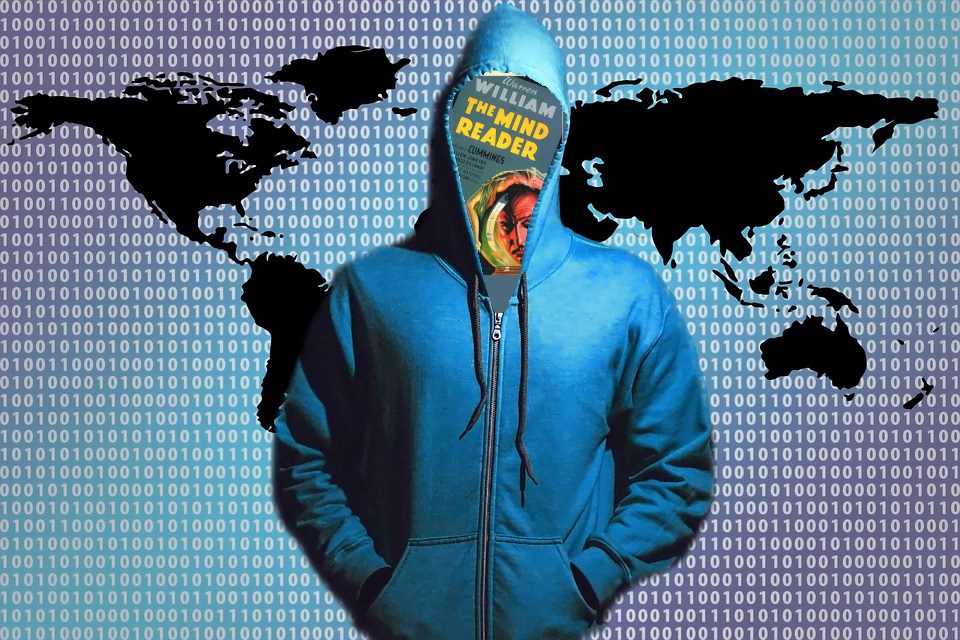osf.io/preprints/lawa…
1/

gov.uk/government/new…
2/
3/
4/
* Gatekeepers: "control access between businesses and potential customers"
* Conglomerates: "companies with a broad range of sometimes weakly-related businesses"
and
5/
6/
7/
8/
9/
10/
11/
pluralistic.net/2020/07/29/bre…
12/
eff.org/deeplinks/2019…
13/
14/
15/
16/
17/
18/
19/
20/
eof/





